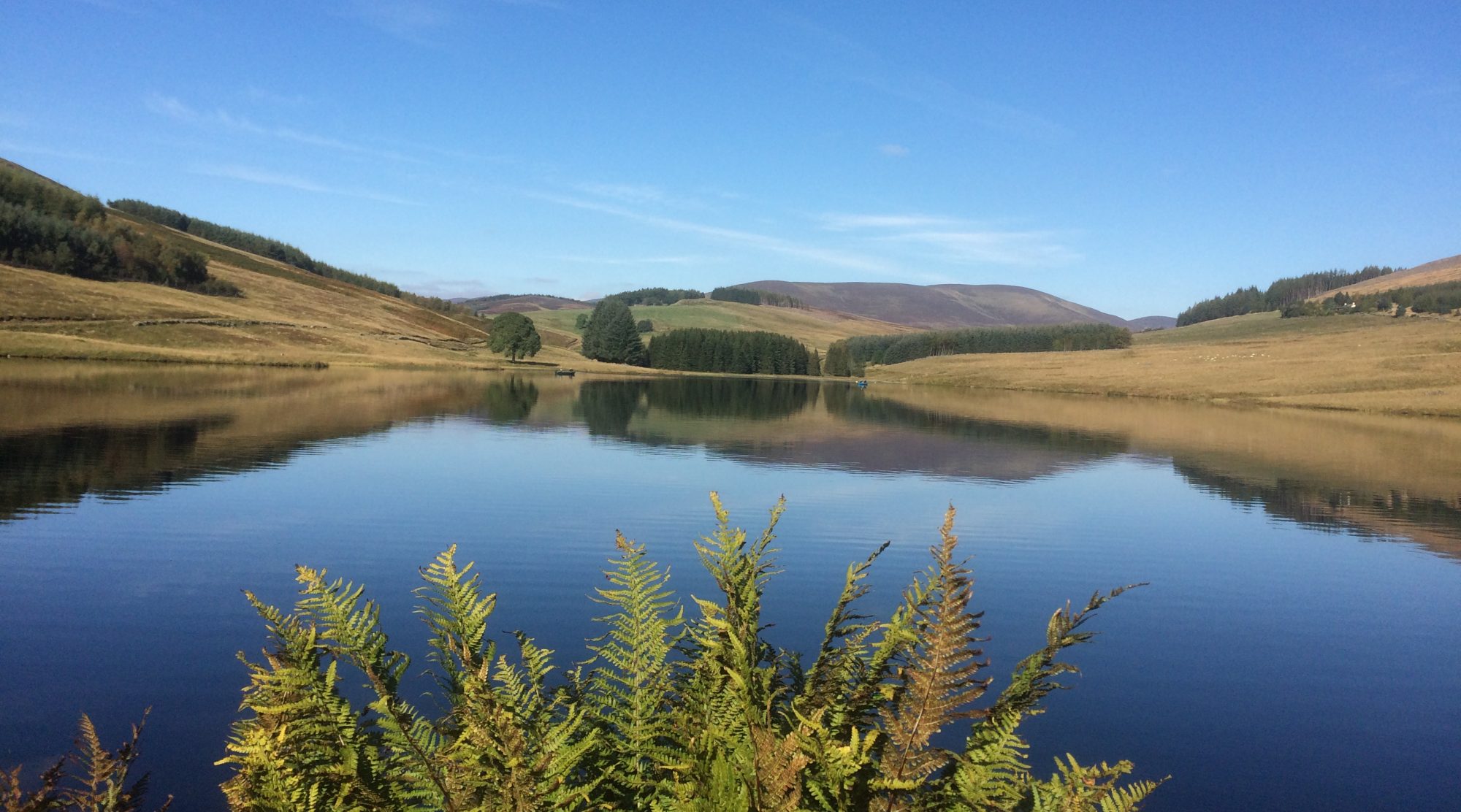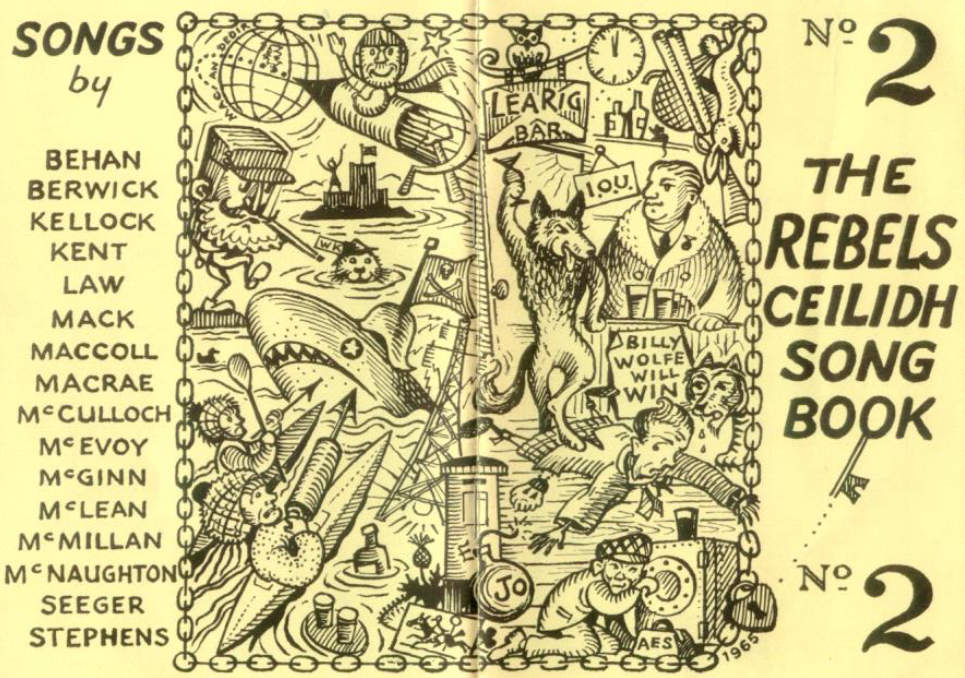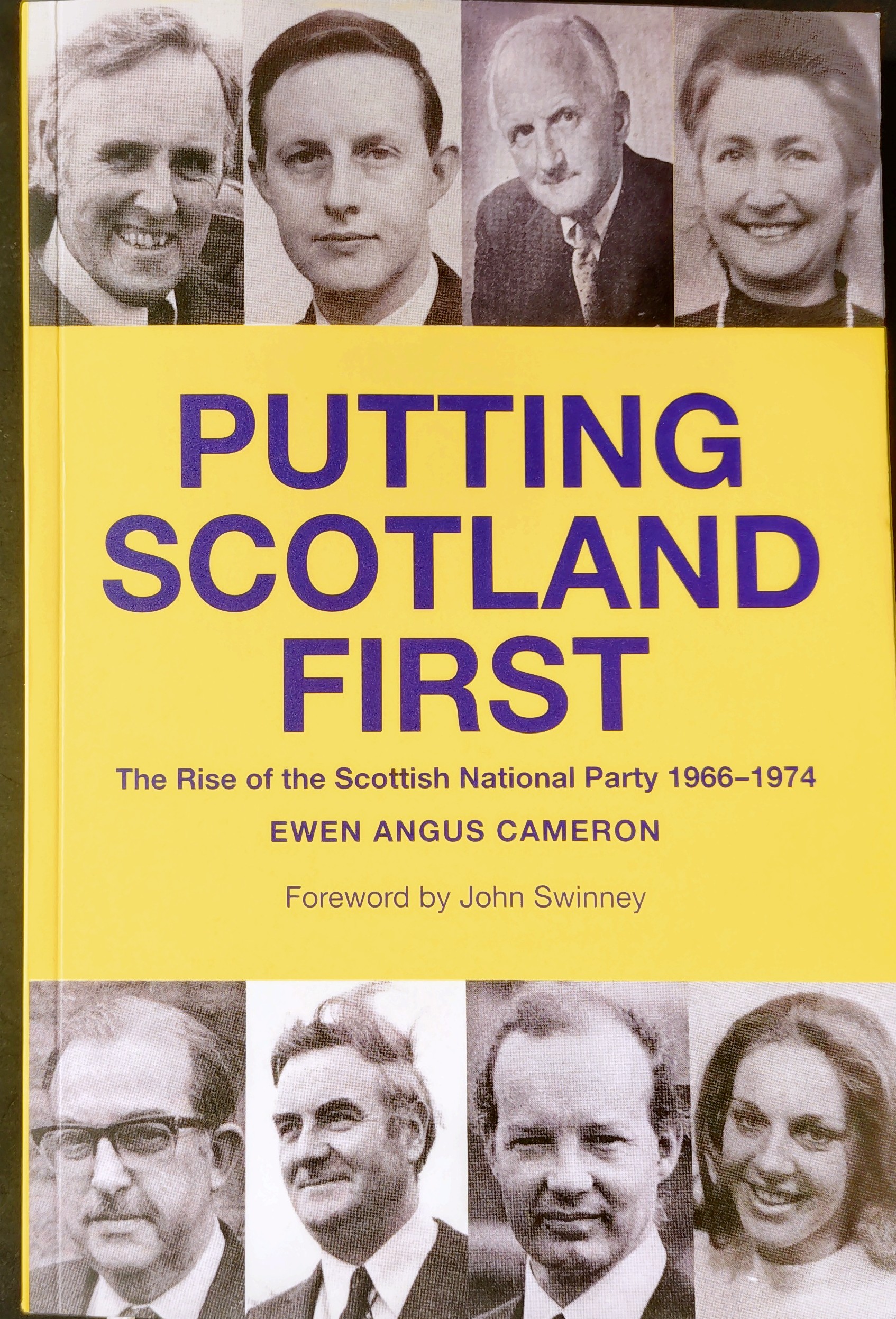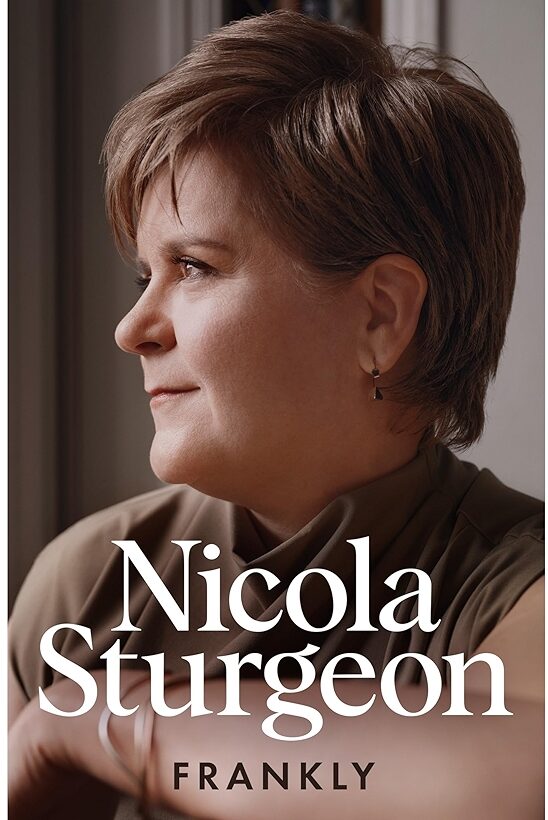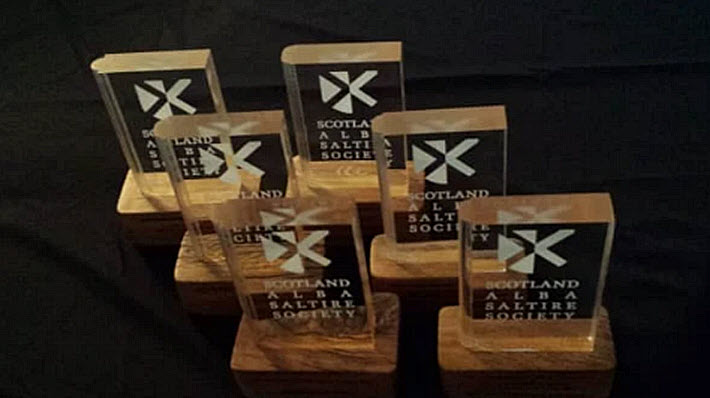Scots cultural ‘tsunami’ is driving long-term change
Andrew Murray Scott [Scots Independent, January 2026]
2025 – this column’s first full year – started off on a hopeful note, calling for more cultural activity on the constitutional issue – and less binary political confrontation, arguing that independence is too important for party politicking. Then it was time to remind readers of Burns’ continuing significance, to review Andrew O’Hagan’s wicked Rabelaisian novel Caledonian Road and welcome the work of volunteers creating a new box set to bring Dick Gaughan back to prominence. We reflected upon new drama based upon James MacPherson’s ‘Ossianic’ poetry and the glorious myths of ‘dear old Blighty’ associated with the 80th anniversary of VE Day. We considered James Joyce’s ‘nationalist art’ and whether there was a Scottish parallel, examined Scotland’s incredible 365+ festivals and what it means for our cause. We reviewed Nicola Sturgeon’s biography, a new history of the SNP’s eight turbulent years from 1966 to 1974, considered whether traditional culture, folk music and ‘rebel songs’ is still at the heart of our debate and campaigned for our party to adopt the national online identity DotScot. I hope readers found the thirteen columns (two in September) interesting and welcome feedback or suggestions for topics.
2026 lets us ‘see the front o battle lour’ of the clear political choice between Independence or jumping backwards into a Trumpian/Farage abyss. Recent legal confirmation of the official status of Scots and Gaelic was an important moment but the Scottish Parliament was merely following Scotland’s singers and artists, film-makers, writers and musicians who are surfing on waves of cultural enthusiasm. With half a million more speakers of Scots and over 40,000 more Gaelic speakers since 2011, our national identity has never been more powerful and is based on long-term change. Those considering themselves ‘Scots only’ has jumped to 65.5% while those who consider themselves ‘Scots and British’ has decreased to just 8.2%. This seismic shift, driven by generational change is inexorable and having obvious effects in all areas of our national life. Rising interest in trad music reaches new heights with glitzy televised Trad Awards and the crowd of 10,000 (including up to 1300 Gaelic students from Glasgow schools) participating in puirt à beul singing at the all-star ‘Hoolie in the Hydro’ shows the scale of popular enthusiasm. From Indie games producers, artists, fashion designers to folk music becoming mainstream and commercial, Scots are writing, producing, designing – and winning awards. Our festivals and spin-offs from involvement in film-making are driving tourism like never before. Seven Scottish-made films will premiere at the Sundance Film Festival in the US, five backed with Screen Scotland funding, including ‘Everybody to Kenmure Street’ about community civil disobedience in Pollokshaws against the Home Office snatch squad. Some creatives or ‘artivists’ are finding new ways – despite rejection by traditional cultural gatekeepers – to reach audiences directly via social media, with highly-political content, managing to create careers, build new audiences and express themselves without compromise. It is a Scots tsunami that will not be constrained within the increasingly xenophobic mindset of a broken Britain. Reasons to be cheerful!
